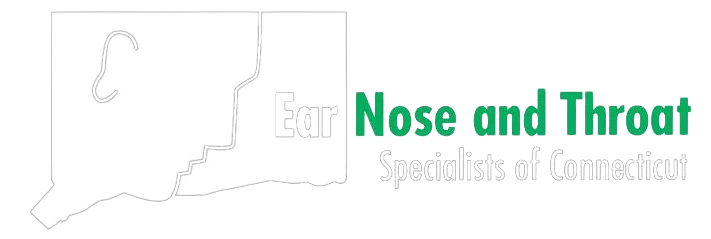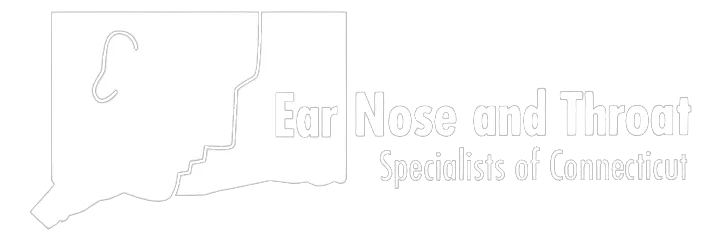Post Nasal Drip Q & A
What’s post-nasal drip?
Post-nasal drip is actually not a real “condition”, rather it is a feeling of a dripping of mucus down the back of the throat. The feeling of mucus comes from any possible condition affecting the nose, throat, and airways. The sensation of excessive mucous is of concern when it is noticeable and causes uncomfortable symptoms.
What causes post-nasal drip?
Any abnormal condition of the nose, mouth and throat can lead to the sensation of post nasal drip. When the delicate tissues of the throat become irritated or inflamed they protect themselves by secreting mucous. Excessive coffee, soda or tea consumption can lead to throat irritation and the feeling of excessive mucous. Atypical reflux leading to stomach juice in the throat can cause it. Colds, viral illness and sinus infections as well as allergies and bacterial throat infections can cause it.
What treatments are available for post-nasal drip?
If a patient's struggling with the feeling of post-nasal drip, Dr. Astrachan and Dr. Hecht first try to determine the cause of the problem. For allergies, antihistamine medications and avoiding allergy triggers works well. Patients with sinus or throat infections may need antibiotic treatment. Sometimes elevating the head at night can limit the problems with coughing due to reflux. Increasing the amount of water a patient drinks and limiting coffee, tea and soda also helps thin the mucus and reduces problems from throat inflammation. Mucus-reducing medications, saline sprays, and sinus irrigation may also help. Finally, patients can sleep with a vaporizer or humidifier to increase moisture in the air.
In addition to these practices, the Ear Nose and Throat Specialists of Connecticut team recommends taking measures to reduce exposure to allergy triggers, especially for people with chronic problems with post-nasal drip. Covering the mattress and pillow with dust-mite protection covers, frequently washing all bedding in hot water, and using HEPA filtration in the home helps significantly. Dusting and vacuuming regularly are also important. For more insight on steps to take to reduce the feeling of post-nasal drip, contact Dr. Hecht and Dr. Astrachan at Ear Nose and Throat Specialists of Connecticut.

